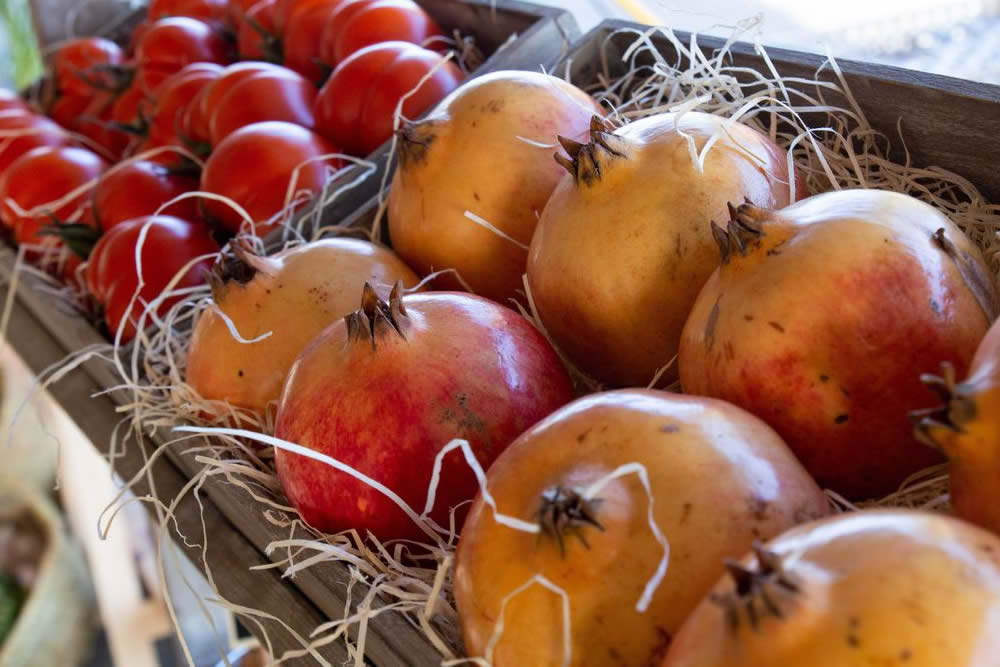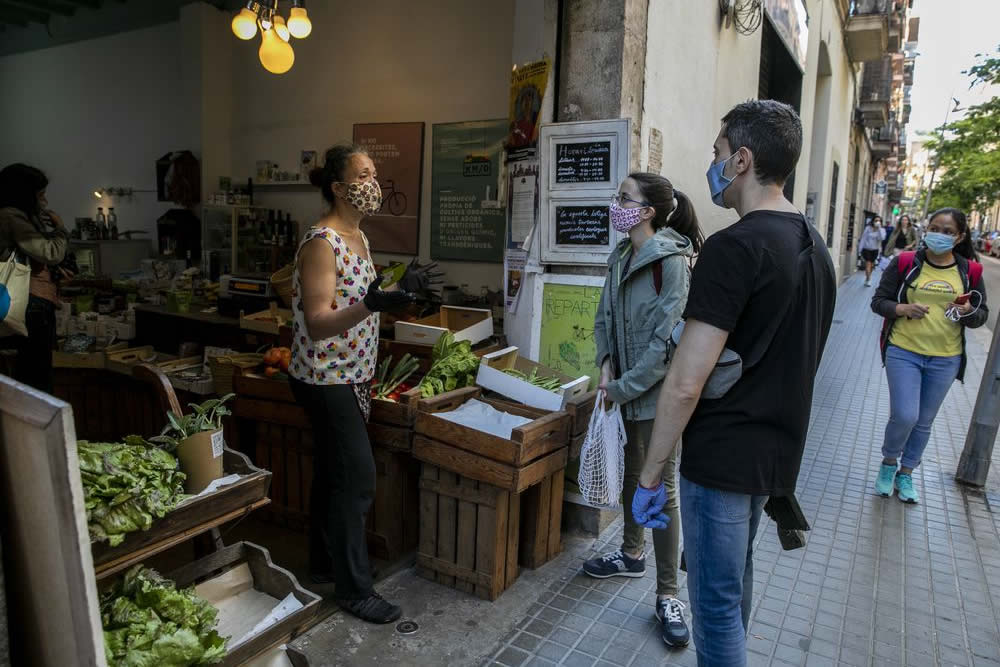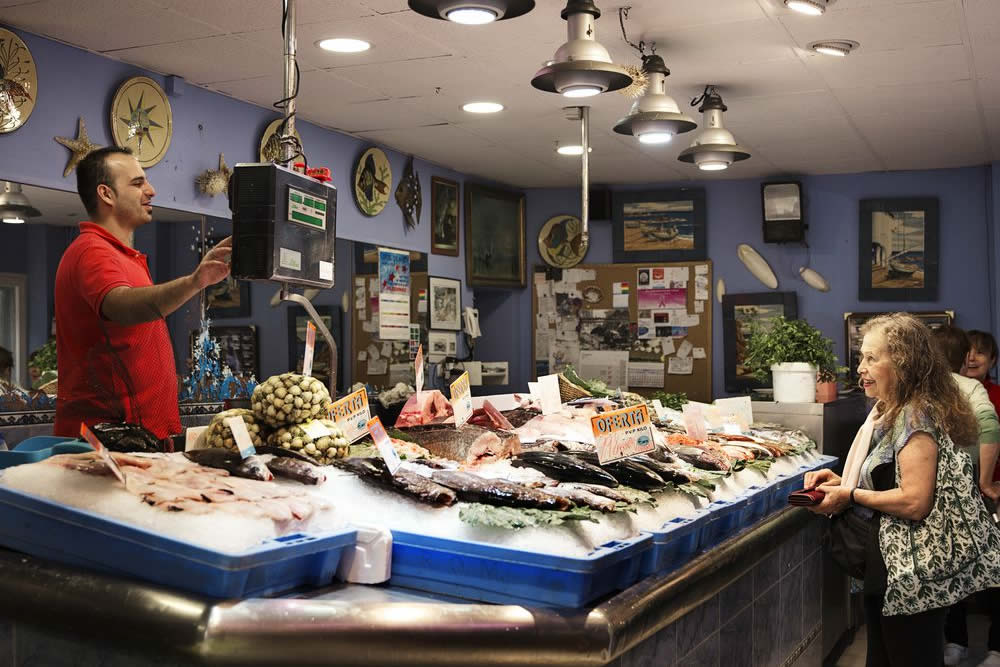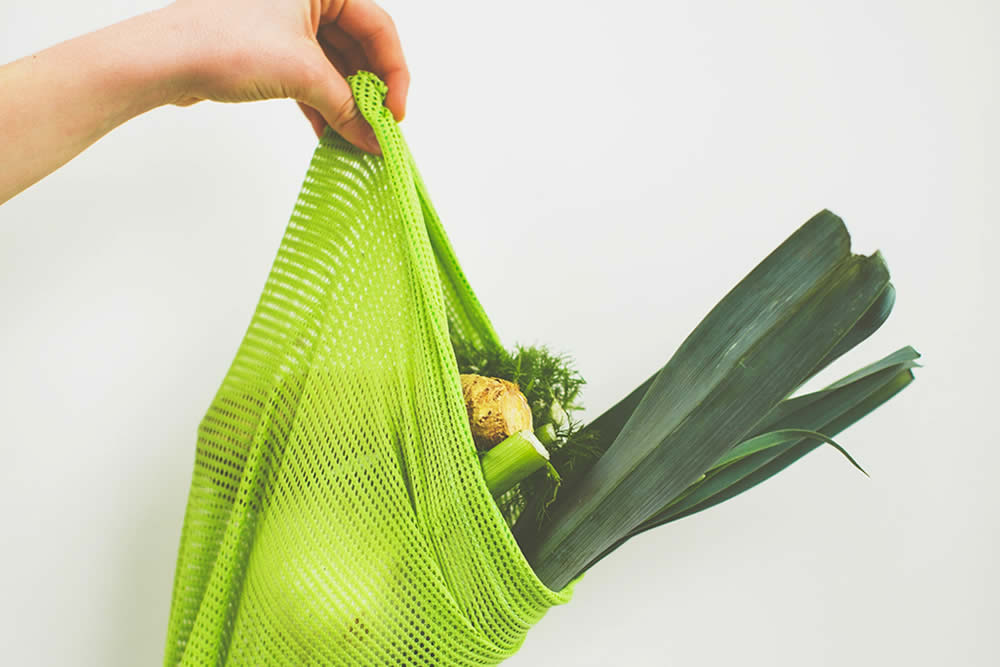Consejos de prevención en el supermercado
Cuando hacemos la compra, tenemos la oportunidad de escoger los productos que menos embalaje contienen y evitar comprar productos de un solo uso. También podemos comprar los productos a granel utilizando nuestros propios tarros, bolsas y táperes para obtener las cantidades justas que necesitamos.
En las estanterías
Las estanterías de los establecimientos están llenas de productos envasados con colores y formatos especialmente pensados para llamar nuestra atención. Cuando hacemos la compra, debemos ser capaces de reflexionar y ser conscientes de si realmente necesitamos comprar un determinado producto o si lo estamos comprando por impulso.
- Escoge productos con menos embalaje. En el momento de la compra, puedes escoger un producto que genere menos residuos que el resto.
- Evita comprar productos de un solo uso, ahorrarás materias primas y contribuirás a reducir la contaminación que generan los procesos de producción y destrucción.
- Opta por los productos recargables, suelen comercializarse recambios ecológicos de productos domésticos, cosméticos y de algunos artículos de alimentación.
- Aprovecha las ofertas. A menudo, los productos se venden en formatos familiares o en ofertas 2x1. La inversión en el momento de la compra es un poco superior pero, a la larga, se ahorra dinero.
- Escoge productos con ecoetiqueta. Las etiquetas ecológicas europeas o nacionales son certificados oficiales que garantizan tanto la calidad del producto como un impacto reducido al medio ambiente durante toda su vida útil.
- Revisa las etiquetas de los alimentos. Antes de adquirir un alimento, asegúrate de que puedes consumirlo antes de que venza su fecha de caducidad.
- Intenta comprar los productos a granel, suelen tener un coste inferior y permiten reducir los residuos de embalaje. Los embalajes de los residuos domésticos representan una parte importante del volumen total de la basura generada en el hogar.


En la frutería
La frutería es un espacio donde tenemos la oportunidad de comprar la mayoría de los productos sin embalaje. Si aplicamos unos consejos muy sencillos, seremos capaces de eliminar cualquier tipo de residuo.
- Intenta comprar la fruta y la verdura por piezas, así solo comprarás la cantidad que necesites y no desperdiciarás los alimentos.
- Utiliza bolsas de tela para su transporte. Actualmente, la mayoría de los establecimientos permiten pesar y llevar la fruta y la verdura con bolsas de tela, con lo que se evita generar residuos, como las bolsas de plástico.
En la carnicería y la pescadería
La carnicería y la pescadería son establecimientos donde se pueden comprar los alimentos sin generar ningún tipo de residuo no orgánico.
- Intenta comprar la carne, el pescado y los lácteos por unidades, así solo comprarás la cantidad que necesites y no desperdiciarás los alimentos.
- Utiliza táperes para su transporte. Actualmente, la mayoría de los establecimientos permiten pesar y transportar la carne, el pescado y los lácteos con táperes, con lo que se evita generar residuos, como las bolsas de plástico o los papeles plastificados.
- No olvides la bolsa isotérmica. Si utilizamos una bolsa isotérmica para el transporte del pescado, la carne y los lácteos hasta casa evitaremos romper la cadena de frío y que se estropeen los alimentos.


En caja
Al pasar por caja para pagar todos los alimentos y productos que hemos adquirido, también podemos evitar generar cualquier tipo de residuo.
- Opta por bolsas de la compra reutilizables. Las bolsas de un solo uso tienen una vida útil de unos 20 minutos antes de ir a parar a la basura. Las bolsas reutilizables de tela o de rafia, podremos utilizarlas tantas veces como queramos y evitaremos generar muchos residuos.
- Pide los recibos y las facturas en formato digital, se evita acumular tiques innecesarios y se ahorra en consumo de papel.
